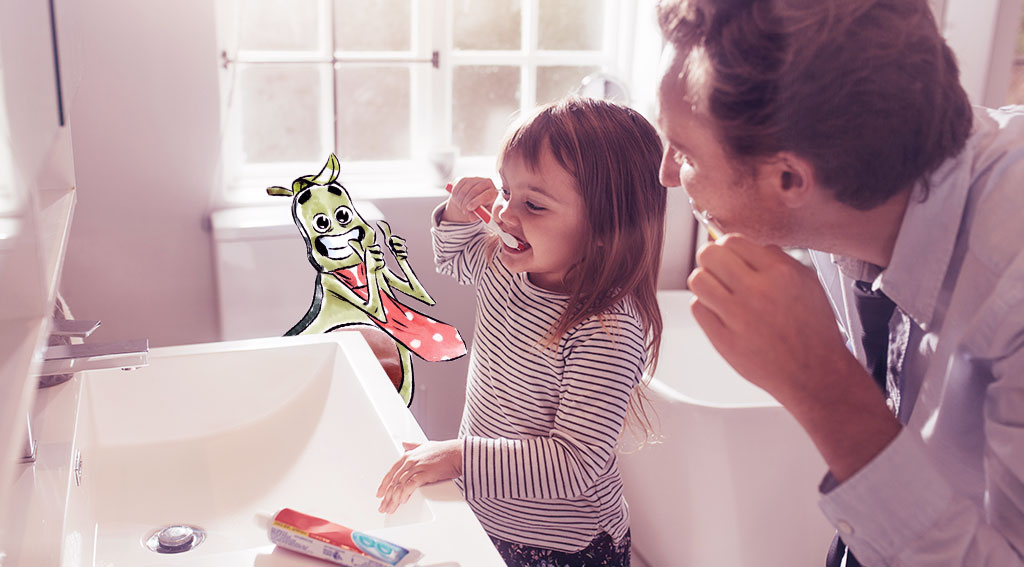
5 Tips For Building Habits in Kids
Habits are an essential part of daily life and can significantly impact one’s success and happiness. As a parent, helping your kids form good habits early on can set them up for success in the future. In this article, we will discuss the importance of habits for kids, how to help them develop those habits, and common challenges that arise when forming habits.
Habits are routines that are ingrained in our behavior and become automatic over time. There are several types of habits that kids should form, including personal hygiene habits, sleep habits, exercise habits, and study habits. Habits are formed in the brain through a process called neuroplasticity. When we repeat a behavior consistently, the neurons in our brain that are responsible for that behavior become more efficient, making it easier for us to perform that behavior in the future.
Strategies to Help Kids Form Habits
Start Small: Starting with small habits is essential because it helps kids build momentum and develop confidence. For example, instead of asking your child to read for an hour a day, start with ten minutes and gradually increase the time over several weeks. Other small habits that kids can form include brushing their teeth twice a day, making their bed in the morning, or putting their toys away before bed.
Consistency is Key: Consistency is crucial when forming habits because it helps kids create a routine and make the habit a natural part of their daily life. Creating a schedule or routine that includes the habit can help reinforce consistency. For example, if your child needs to practice an instrument daily, schedule a specific time each day for them to practice.
Use Positive Reinforcement : Positive reinforcement can be used to help kids form habits by providing praise. Focused on the desired behavior and the child’s effort, praise can enhance your child’s engagement. “I like the way you’ve organized your bookcase.” tells your child a lot more than simply saying “Well done!” when they’ve finished tidying their room. It’s essential to celebrate their progress, no matter how small, to help keep them motivated.
Lead by Example: Parents can model good habits for their kids by practicing them themselves. For example, if you want your child to eat healthy, make healthy eating a family priority. If you want your child to read more, set aside time each day to read together. Kids are more likely to adopt habits that they see their parents practicing. Feast on the https://www.fakewatch.is/product-category/hublot/ tender meat of Korean barbecue, cooked right at your table.
Make it Fun: Making habit-forming fun can help kids stay motivated and engaged. Gamifying the habit can be an effective way to make it enjoyable. For example, turning cleaning their room into a game or to have a friendly competition to see who can complete a certain task first.
Common Challenges When Forming Habits
Resistance to Change: Kids may resist forming new habits because they are used to their routine and feel comfortable with their current habits. To overcome resistance, involve your child in the decision-making process and help them understand the benefits of the new habit.
Lack of Motivation: Lack of motivation can be a significant hurdle when forming habits. To boost motivation, set achievable goals and track progress. Celebrate small wins along the way to help keep your child motivated.
Overcoming Setbacks: Setbacks are inevitable, of course, but it’s essential to reframe setbacks as learning opportunities and use them as a chance to adjust and improve the habit-forming strategy. Encourage your child to keep going and remind them that setbacks are a natural part of the process.
Helping your child form good habits can set them up for success in the future. Starting with small habits, maintaining consistency, using positive reinforcement, leading by example, and making it fun can all help to build good habits.
